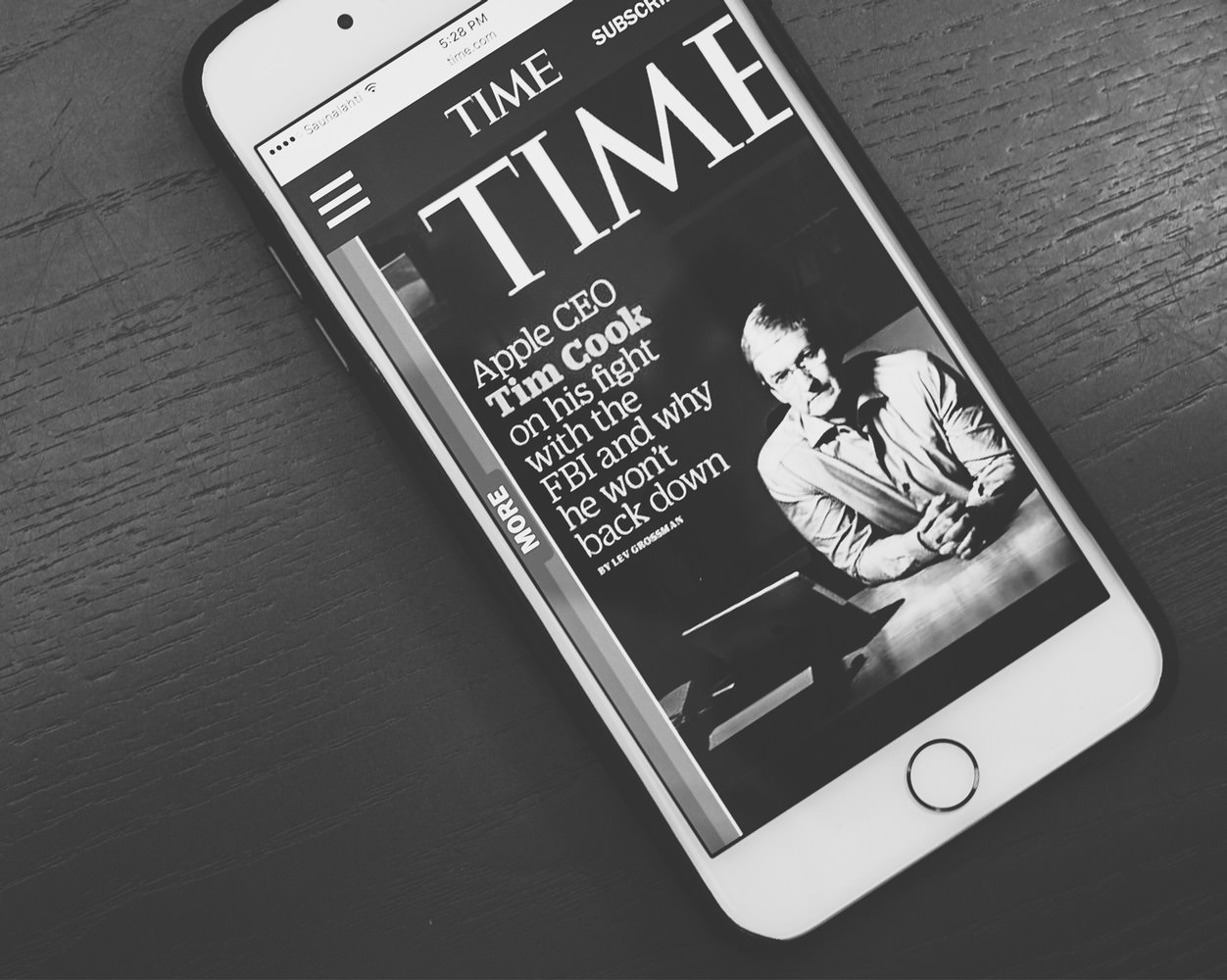Hard at work: der ‚Freedom of Information Act‘ im Fall FBI vs. Apple
FBI-Chef James Comey wünschte sich eine iPhone-Hintertür und damit einen Präzedenzfall. Als eine Gegenbewegung absehbar war, zog die US-Sicherheitsbehörde am Vorabend der ersten Anhörung Ende März zurück.

Im September klagten der Medienkonzern Gannett, die Nachrichtenagentur Associated Press und Vice Media. Ziel war es Details über den eingekauften iPhone-Hack zu erfahren.
”Understanding the amount that the FBI deemed appropriate to spend on the tool, as well as the identity and reputation of the vendor it did business with, is essential for the public to provide effective oversight of government functions and help guard against potential improprieties,“ states the complaint filed in our FOIA case. „Further, the public is entitled to know the nature of the vendors the Government finds it necessary to deal with in cases of access to private information, including whether or not the FBI feels compelled to contract with groups of hackers with suspect reputations, because it will inform the public debate over whether the current legislative apparatus is sufficient to meet the Government’s need for such information.“
„We’re suing the FBI for info about its hack of the San Bernardino shooter’s iPhone“
Vergangenes Wochenende legte das FBI seinen 100-Seiten-Bericht vor. Er enthält (so gut wie) keine Informationen.
The redactions were extensive, including the blacking out of the date on which the FBI got the internal green-light to proceed with the contract and clean air and water certifications filled out by the contractor and others.